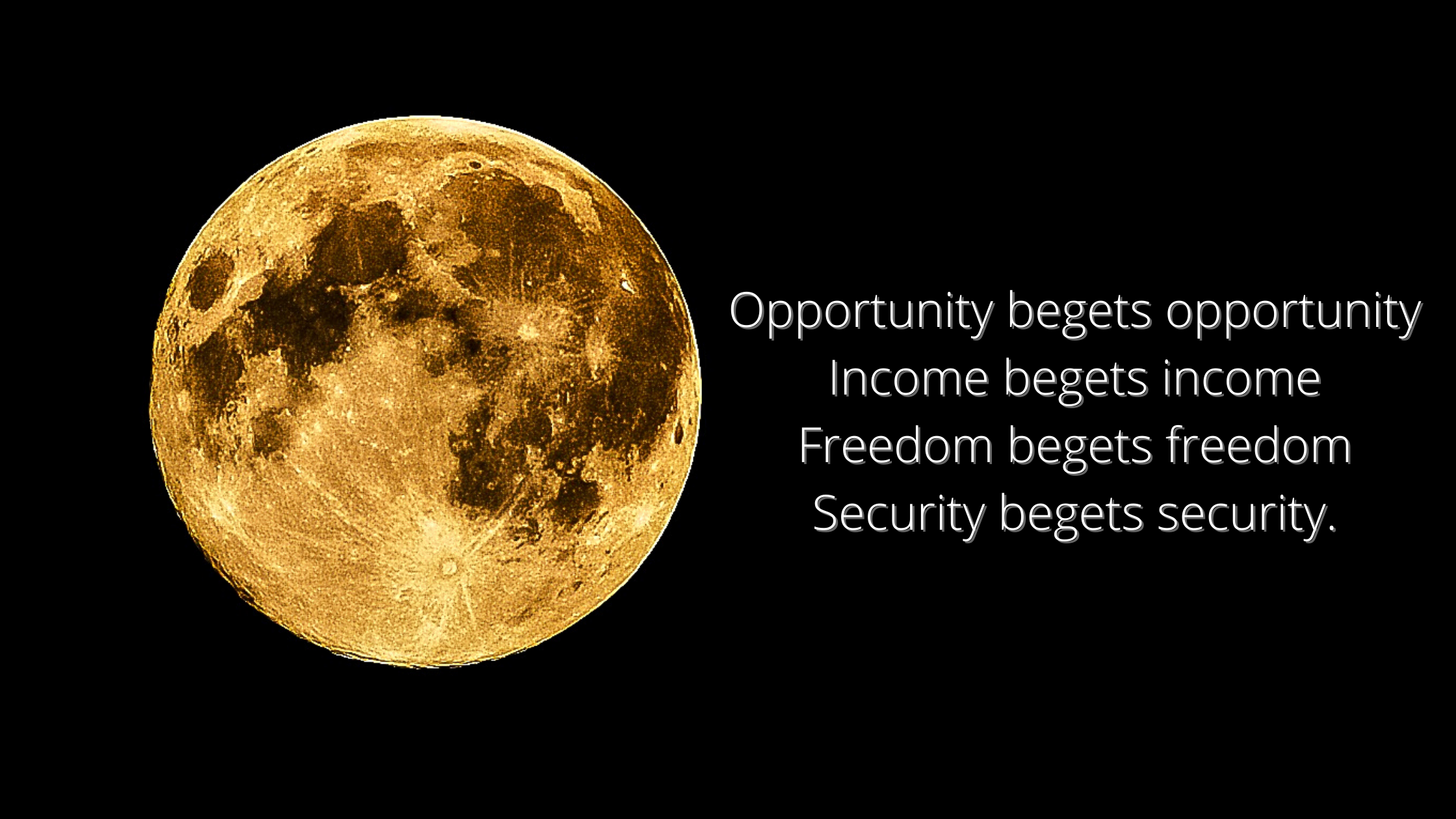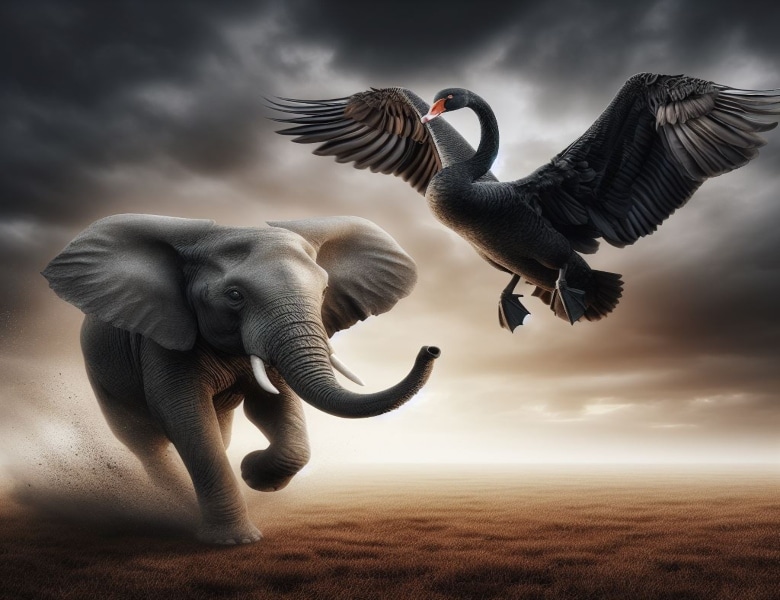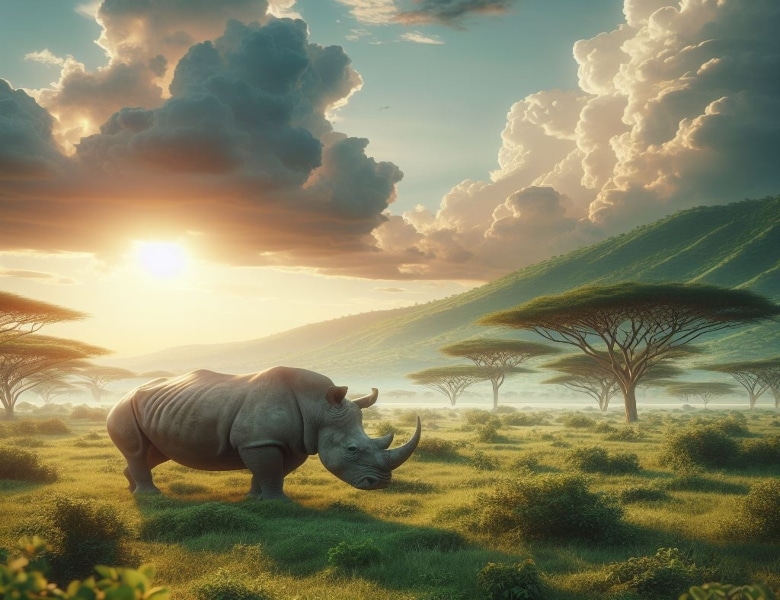
Forget Jeff Bezos, Bill Gates or Elon Musk, the richest man to have ever lived is reputed to be Mansa Musa, a 14th Century ruler of modern-day Mali and the surrounding region of West Africa.
With access to the region’s gold and salt (a precious commodity at that time), he is estimated to have been worth $400bn in today’s terms*. In fact, he had so much gold and a willingness to bestow it on others, that on a stay in Cairo he gave so much of it away he crippled the Egyptian economy.
But, compared with today’s comforts and luxuries, would the challenges of living in the Sahara in the 14th Century make it worth it?
Or what about JD Rockefeller, the American businessman who is estimated to have been worth the equivalent of $341bn?
JD Rockefeller lived from 1839 to 1937 so the standards and luxuries he may have enjoyed would have compared unfavourably to the comforts that most of us take for granted every day, particularly that of basic health, transportation and home comforts. Pencillin, despite being found to have medical benefits in 1928 wasn’t commercially viable until 1941, the first commercial flight didn’t happen until 1914 and central heating systems and insulation in homes would have been rudimental compared to today.
The question, therefore, is would you give up the comforts and opportunities you enjoy to have the vast wealth of a few from decades and centuries ago? That would mean:
- No treatments for cancer or heart surgery,
- No reliable central heating or electricity,
- No reliable pain relief,
- No low-cost flights to anywhere in the world,
- No reliable cars,
- No instant communication with family or friends,
- No streaming of TV or music services,
- No smartphones and tablets.
And this is before considering the disparity in freedoms and opportunities, not just between the very wealthiest and poorest but between genders, ethnicities and cultures of developed nations.
Even going back just a decade, as a whole, life is more comfortable, offers more opportunities and greater freedoms, globally. According to gapminder.com, an independent foundation that aims to tackle misconceptions in our understanding of global demographics through data:
- The number of people globally living in extreme poverty has fallen,
- Life expectancy and child mortality rates have improved.
- Babies born per women has fallen (an indicator of equality, freedom and opportunity)
- Child literacy has improved on absolute and relative terms.
- Malnutrition rates amongst children have improved.
- Internet usage has increased.
If you believe that the future will better than the past (and there is no evidence to support the counter argument), despite its failings, you have to believe that capitalism is the driver of these enhancements.
Capitalism is the only economic system that creates opportunities for individuals to be rewarded for their innovation and entrepreneurship. Workers get paid to help meet the demand for those products and services, for which revenues are created which filters down and through economies, enabling others to participate in and benefit from the choices and freedoms that come from a rising income and increased opportunities.
- Opportunity begets opportunities,
- Income begets income,
- Freedom begets freedoms,
- Security begets security.
And, if you accept capitalism as the driver for global enhancement you have to view the global stock markets as the engines that facilitate the progression.
Without global stock markets, entrepreneurs and companies cannot raise capital to fund projects, to invest in R&D or to employ workers to implement their strategies.
By participating in this process, you, as an investor through your pension and investment funds, can profit from the returns generated by these entrepreneurial endeavours thereby increasing your wealth, thereby increasing the opportunities you have to ensure your financial freedom and security and have the ability to live your ideal lifestyle.
Yes, the system isn’t perfect and it requires a degree of regulation to allow it to run as smoothly as possible and to root out corruption and fraud, but other models (Socialism) has yet to provide a better way.
There will always be shocks to the system but as with evolution, the self-correcting and balancing nature of it ensures progression as a whole, even if individual participants may become extinct.
So, if you believe in the future you must invest in great companies of today & tomorrow.
If you enjoyed reading this you might also enjoy my emoji guide to capitalism and ‘From T-Rex to Microsoft – What The Theory of Evolution Can Teach Us About Investing‘
*Source: BBC.com and celebritynetworth.com.







